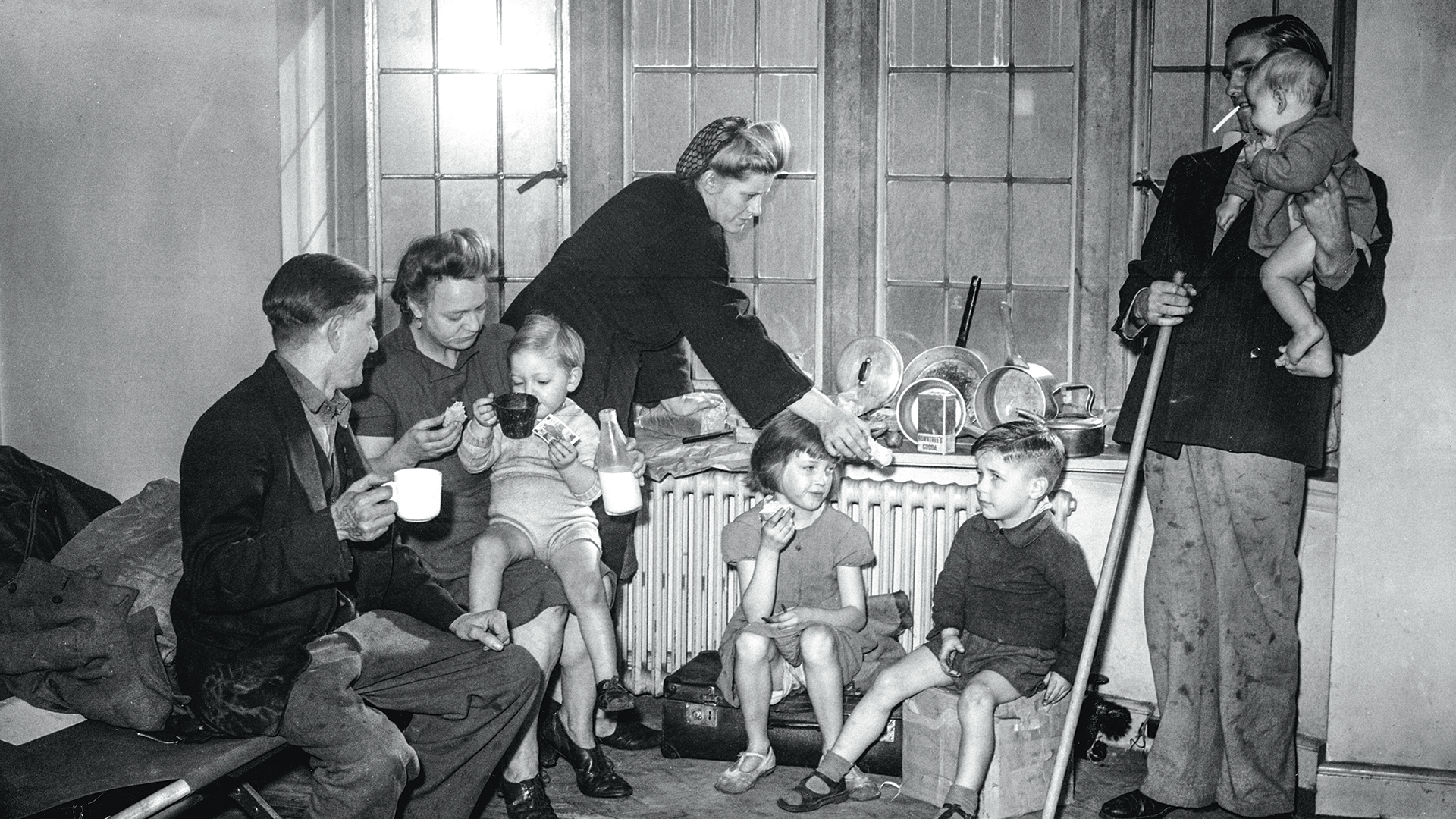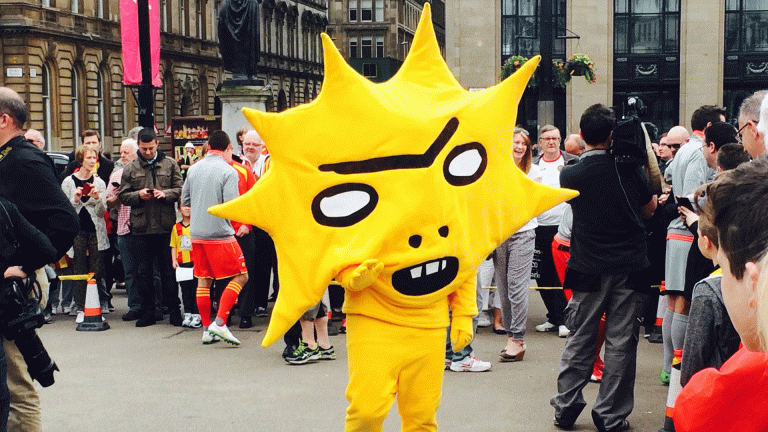At the end of this month I am 77. January 30, the day I was born in 1946, saw a debate in the House of Commons about – among other things – the German prisoner of war crisis. I left the hospital some days later to be brought up in two slum rooms in nearby Notting Hill. Money was scarce; rats, mice, fleas, bedbugs, rattling windows and freezing cold neglect were in abundance. This was poverty and it was surrounded by illness, violence, drunkenness and crime. I was not alone in this experience. I had two elder brothers and was to have three more. Ninety per cent of the housing of the working poor, for that was the condition of most people even decades ago, was substandard. That meant little or no bathrooms, small kitchens, shared toilets and grime and dirt on every horizon.
Postwar Great Britain, as it was called then before converting to the less imperious-sounding UK, was a nation beaten by poverty. At the same time, it had participated and played a leading role in defeating Nazism in Europe. The American money awarded to us was used to help create a welfare state two years after I was born. So there was hope, mixed in with need, sickness, exhaustion and the beginnings of a revival of fortune. A spent empire, but still desirous of keeping up appearances; some of the American money was spent keeping armies spread throughout the globe.
The German miracle started to manifest itself within 10 years, followed by a Japanese and even Italian miracle of economic recovery. These outstripped whatever was happening with the UK economy. It seemed as if the powers-that-be in the UK wished to keep pretending that the First and Second World Wars hadn’t done us in. And that to survive we had to reinvent ourselves.
- Decades of initiatives didn’t solve poverty. What can we do now?
- John Bird: The best way to preserve the Welfare State is to reinvent it
- Big Issue Group launches campaign demanding long-term solutions to protect future generations and break the cycle of poverty
Gradually a prosperity of a kind came to the UK. Still living in relative poverty and appalling housing conditions, there was a growth of often inappropriately placed and inadequately built council housing. But it seemed better than the mass of substandard and slum houses that made the UK in places look very Victorian. Part of the prosperity came in the form of the NHS. Working-class people were getting the kind of support with their health that up till then had only been enjoyed by the middle and upper classes. The welfare state was not built for the middle classes; they already had their own kind of unofficial welfare state. They had their doctors, their schools and their savings. Their comforts.
Where the growth really came was in entertainment, distractions and consumer goods. Commercial TV came to us when I was 10 in 1956. Suddenly we had entertainment and fantasies very similar to what Netflix now offers us. Was there real prosperity, or was it all processed food, sugar in our diets, American TV programmes, rock’n’roll, cheap dresses and suits?
Now, 77 years after I was born, we see people impoverished by inflation and fuel costs. We see the threat of homelessness among people who have never been through it before. I would hate to see us return to the deep, painful poverty of the years I came out of. But I would say that the politics of today are inadequate to the task of preventing, impeding, limiting the economy’s ability to go the wrong way, shrinking and shrivelling and creating poverty again.











